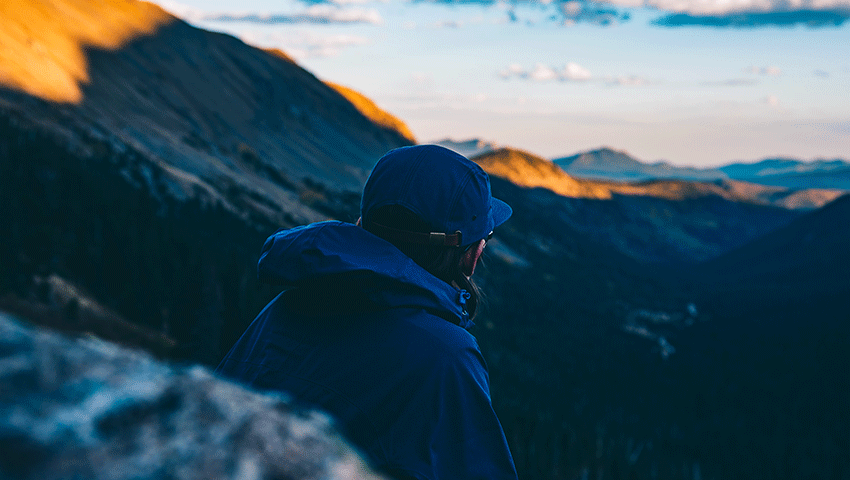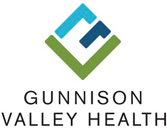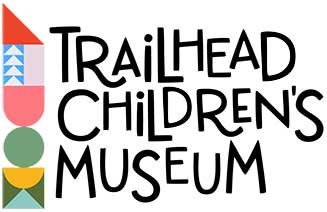When we think of sustainability, we rarely consider sustaining the lives of humans who are at risk of death by suicide.
Suicide is more than an issue of mental health, open dialogue, and community involvement. It is an issue of our environment.
The mountain West has earned the morbid nickname of “the suicide belt” because our rate of suicide is drastically higher than the national average. San Miguel County has a suicide rate six times the national average, and Aspen’s rate is three times the national average. In Eagle County, where from my house I can see Vail Mountain, the suicide rate is twice the national average.
There are myriad reasons for these staggering statistics: isolation, high cost of living, income disparity. But there’s something else we aren’t considering enough: the effect of high altitude on mental health and mental illness.
At higher altitudes, our bodies produce less of the hormone serotonin, which has a huge effect on our happiness and stability and also affects diet and sleep schedule. In contrast, altitude increases the production of dopamine, our pleasure-seeking hormone, and also the hormone that can drive risk-taking behaviors. Dopamine can give a welcome boost to a person coming from sea level for a weeklong ski vacation, but its effects are not the same for those of us who live up here.
According to Perry Renshaw, a neuroscientist with the University of Utah, increased dopamine can lead to more intense mood swings in people with mood disorders such as bipolar disorder.
As a person living at 8,150 feet and with bipolar disorder, there are some things I can attest to. When I am manic and looking for fun, there is always someone on vacation who wants to party with a local. When I am in the depths of depression, the pressure to be fun, to go outside and enjoy all the things I moved here for, to supply the cheer and good humor expected of vacationers can be oppressive.
It is also worth considering that a person who is a natural risk-taker may be more inclined to move to a mountain town where the landscape offers so many options to get their adrenalin fix. What happens when those same people are subjected to the hormone changes caused by high altitude?
We can’t solve all these problems overnight and we certainly can’t change the oxygen levels up here. But we can look out for our friends and ourselves.
We need to acknowledge the causes, the symptoms, and the outcomes of our mental health issues in this area. We need to talk to our friends and community members about the way we are feeling and the pressures we face.
There is a way to be open about our brains and the way they’re working without bumming out the tourist whose tip we might depend on to pay our exorbitant rent.
Whenever I open up about my mental illness, people are surprised. Frequently that’s because they assume people with bipolar disorder will be immediately identifiable by their erratic behavior. They don’t know that the fun part of my bipolar lives out in the open and the agonizing depression stays at home, sometimes for days.
But another common reaction is relief; to know they are not alone in their suffering, that they are allowed to say it out loud.
We need to talk about our brains, and how sometimes we feel betrayed by them. When we talk about it, we need to know what actions to take to help ourselves and our friends.
Talking about mental health is powerful, and it’s wonderful that it’s becoming more acceptable. But it isn’t enough. Some people feel immensely better after getting to vent to a friend over coffee or a beer, but many of us need more than that.
We need doctors or therapy or medicine, and sometimes all three. We need our friends to have education and knowledge to help us find those resources. Too often a friend dies by suicide and we think to ourselves, “I wish they would have reached out to me, I would have helped them.”
Let’s take it upon ourselves to learn how to help.
There are mental health centers and suicide prevention services open and opening in many of our little ski towns, such as SpeakUp ReachOut in Eagle County. They offer aid to individuals, training in suicide prevention, and signs to look for. There’s also the National Suicide Prevention Hotline: 800-273-8255
Resources in Gunnison and Crested Butte:
• The Center for Mental Health
• Gunnison Valley Hospital
• CB State of Mind
Please find the resources in your area to educate yourself and others. Your friends need you, I need you, and you need us, too.
You can make a difference in someone's life. 100% of the money donated to Trek for Life goes directly to those who cannot afford mental health insurance in this community.
- - - - - - - - - - - -
This article was written by Cat Maloney and originally appeared in The Colorado Sun on May 17, 2021












